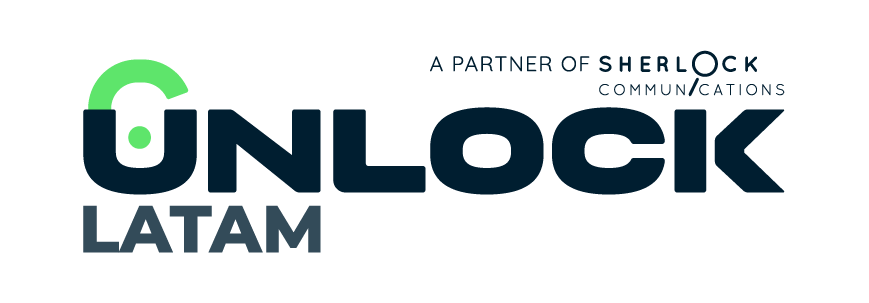SaaS Cultural Adaptation Stories from Global Companies
As businesses expand globally, adapting their products to meet the diverse needs of local markets becomes increasingly important. This is especially true for SaaS (Software as a Service) companies, which must tailor their services to different cultural expectations, user behaviors, and regulatory environments. In this blog, we will explore real-world examples of how global SaaS cultural adaptation has helped companies thrive in diverse regions.
The Importance of Cultural Adaptation in SaaS
In the SaaS industry, cultural adaptation is not merely about translation; it’s about understanding the nuances of each market—be it through adjusting user interfaces, offering local payment methods, or complying with region-specific data protection regulations. By embracing SaaS cultural adaptation, companies can significantly enhance user engagement, satisfaction, and retention.
For instance, what works in the U.S. market may not necessarily resonate with users in Brazil or Japan. Thus, cultural differences must be carefully considered in product development and marketing strategies.
Stories of Successful SaaS Cultural Adaptation
Several SaaS companies have successfully navigated cultural adaptation to achieve global success. Here are a few examples:
1. Spotify: Understanding Local Preferences
Spotify’s expansion into various global markets is a prime example of SaaS cultural adaptation. In countries like India, Spotify adapted its music catalog to reflect local musical tastes and offered more affordable pricing plans. This cultural sensitivity has helped Spotify grow its user base in regions with diverse music preferences and varying income levels.
2. Airbnb: Building Trust Across Cultures
When Airbnb expanded globally, it recognized that trust is a key component of the platform’s success. In Japan, for example, Airbnb customized its platform to accommodate cultural expectations around cleanliness and hospitality, ensuring a seamless experience for both hosts and guests. By integrating local customs and user behaviors, Airbnb successfully built trust and attracted new customers in different regions.
3. Slack: Tailoring Communication Tools to Local Needs
Slack, a leader in team collaboration software, has also excelled in SaaS cultural adaptation by adjusting its features to suit the working habits of different cultures. In Germany, for example, Slack integrated with local communication tools and implemented changes to support more formal business practices in line with local expectations, which helped it gain traction in this highly regulated market.
Challenges in SaaS Cultural Adaptation
Adapting a SaaS product to different cultures is not without its challenges. Companies must navigate obstacles such as:
- Language Barriers: Translating software and documentation accurately is crucial, but even more important is understanding the local lingo and context.
- Data Privacy Regulations: Each region may have its own set of regulations around data protection and privacy laws, which requires SaaS companies to adapt their products to comply with local laws.
- Market Research: Deep research is needed to understand the unique needs of each market, which can be time-consuming and resource-intensive.
How Unlock Latam Helps SaaS Companies Adapt
At Unlock Latam, we specialize in helping SaaS companies expand into Latin American markets. Through our market research, localization strategies, and lead generation services, we support businesses in overcoming the hurdles of SaaS cultural adaptation. By connecting you with the right partners and tailoring your approach to local needs, we help ensure your success in the region.
If you’re ready to navigate the complexities of SaaS cultural adaptation and expand your business in Latin America, get in touch with us today to explore how our customized services can support your growth.
Key Takeaways
SaaS cultural adaptation is a powerful tool for companies looking to expand globally. By learning from successful case studies like Spotify, Airbnb, and Slack, companies can gain valuable insights into how to adapt their products to meet the needs of diverse markets. With the right approach and strategies, SaaS businesses can enhance user experience, build trust, and grow their presence in new regions.
Looking for more guidance? You might find these resources helpful in planning your next steps:

Your Trusted Partner in LATAM Expansion
From market research to legal compliance, we guide your business every step of the way.
